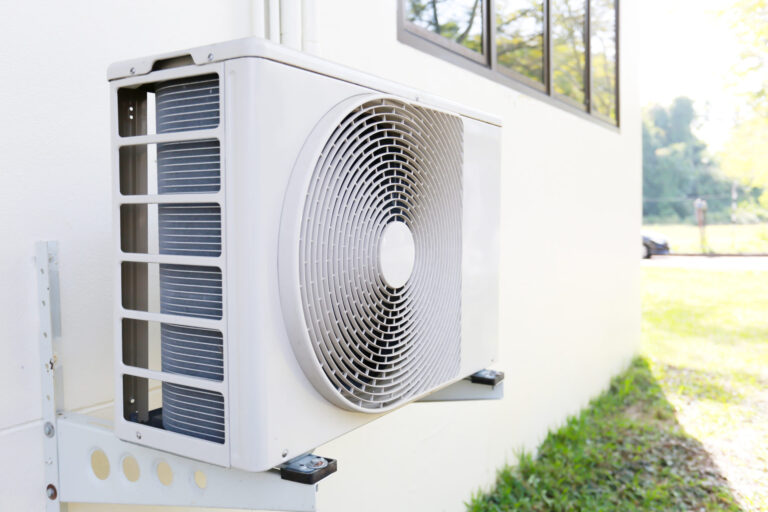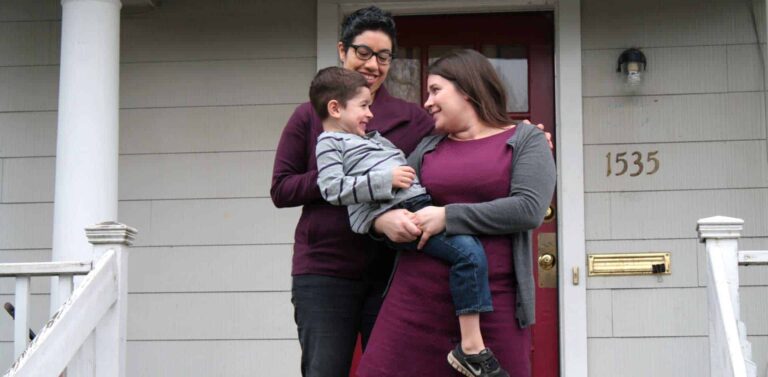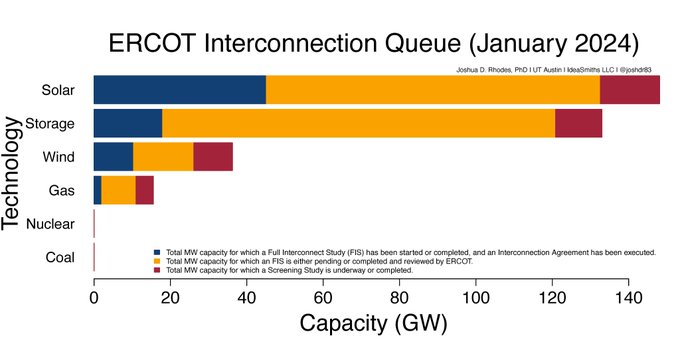March 16, 2021
By Scott Hinson, CTO, Pecan Street Inc.
A new case study from Pecan Street summarizes the benefits of behind-the-meter (BTM) assets that can decrease a utility’s net transmission cost through ERCOT’s 4 Coincident Peaks (4CP) reduction.
4CP is the method through which the Electric Reliability Council of Texas (ERCOT) assigns transmission system costs to distribution utilities. By assigning transmission costs as a percentage of peak load, the charge serves as an economic incentive to reduce peak demand. If an electric utility reduces its load during a 4CP event, it can reduce its share of transmission costs for the following year.
As part of Austin Energy’s Austin SHINES project, Pecan Street deployed seven stationary residential batteries and one bi-directional electric vehicle for a total of 45kW of dispatchable, behind-the-meter capacity that could be used to reduce Austin Energy’s load during 4CP events in 2019. Our deployment and analysis show that energy storage has great potential in helping utilities shave load very quickly. Our findings show that BTM storage can provide year-round benefits to residents while also being powerful assets for utilities.
During a 4CP event, each kilowatt (kW) is valued at approximately $60. For the assets Pecan Street tested, that translates to $2,700 in potential savings for Austin Energy if all batteries are successfully deployed.
The test uncovered important lessons for future residential battery installations.
• If used to reduce load during grid events like 4CP, management platforms should consider historical peak data to understand how to deploy effective control schedules. For example, historical data shows that most 4CP events occur within a two-hour period on weekdays. Ensuring battery resources are charged for each potential 4CP window would have resulted in better performance and cost savings.
• Battery systems should always be installed in environments where they are protected from temperature extremes and can work properly within the operating temperatures specified by the manufacturer. Extreme summer heat and unshaded installation locations limited the performance and, as a result, the cost savings of Pecan Street’s equipment.


















